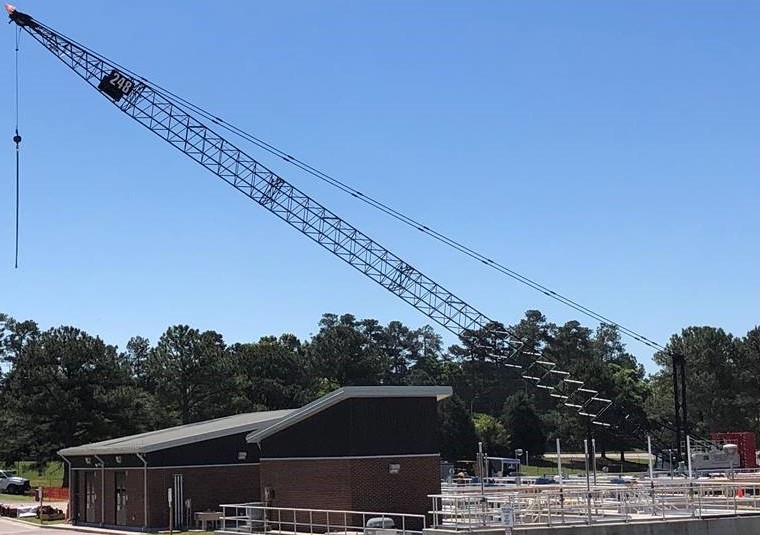The project will modify and replace aging infrastructure as well as upgrade and expand the water treatment process facilities associated with rapid mixing, flocculation, and sedimentation at the City of Raleigh's E.M. Johnson Water Treatment Plant. A full scale pilot of the proposed process and infrastructure modifications was previously completed in March 2020 for one of the treatment basins. The proposed project extends these modifications to the remaining four treatment basins.
Project Details
- Type:
-
Water and Sewer
- Budget:
-
$46,900,000
- Project Lead:
-
Raleigh Water





